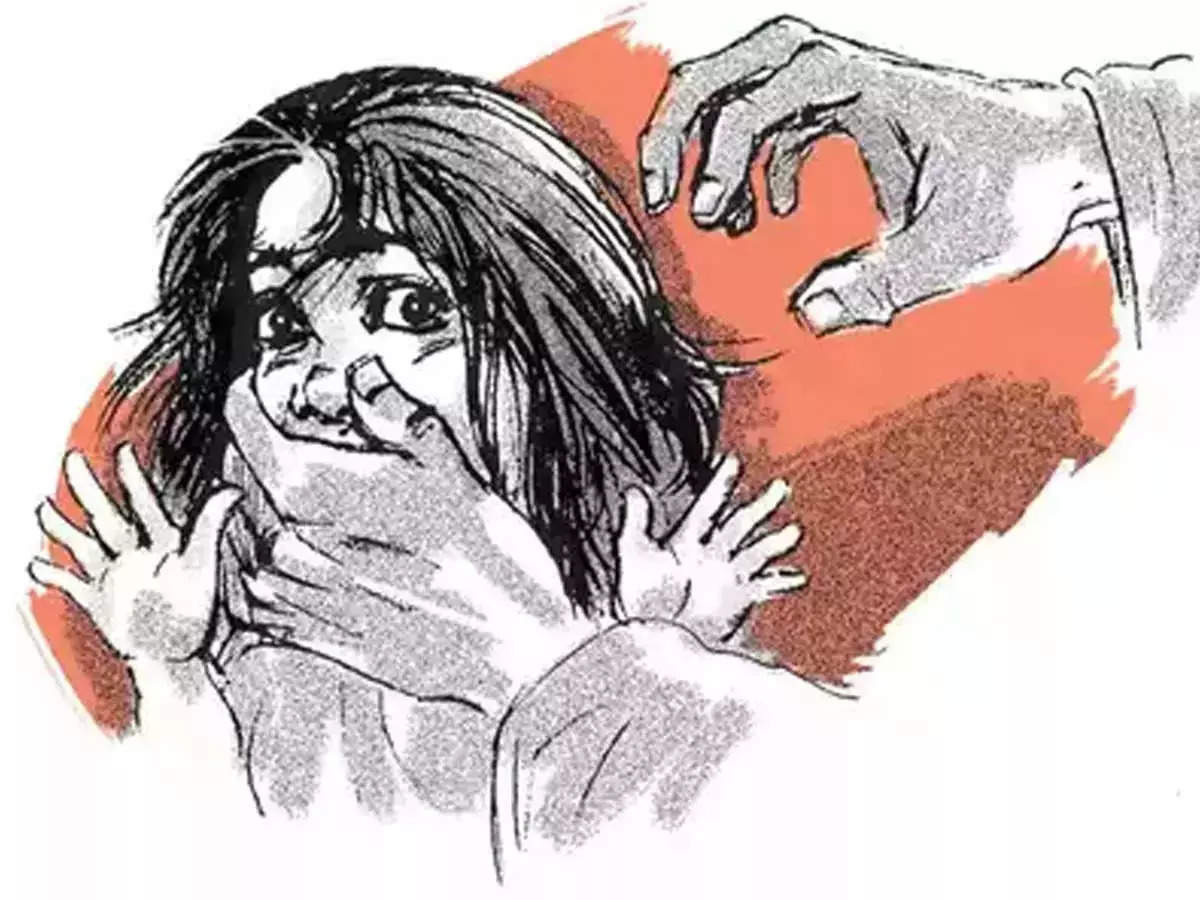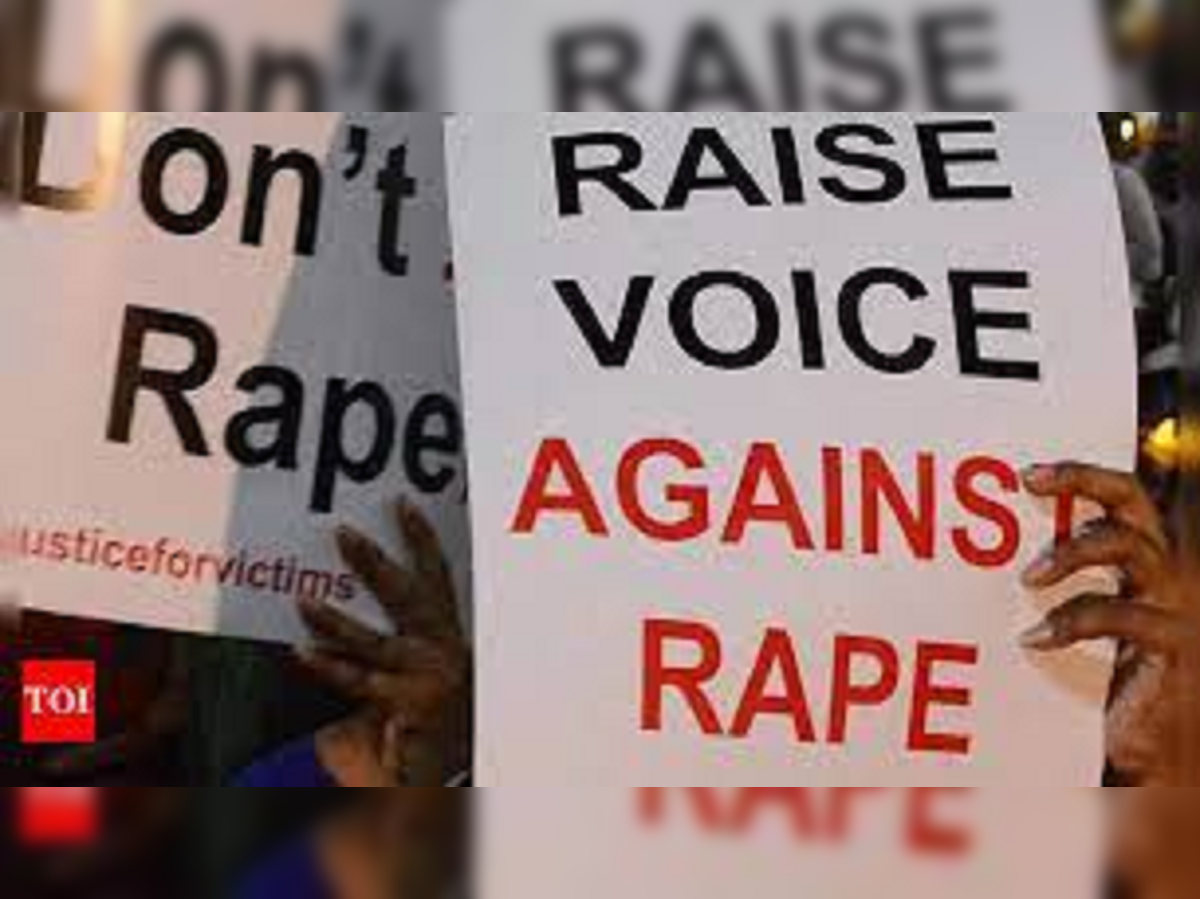Repeat Offender: Released Rapist Commits Heinous Crime Again in Madhya Pradesh

Repeat Offender: Released Rapist Commits Heinous Crime Again in Madhya Pradesh
In a shocking and deeply distressing incident, a convicted rapist, who was granted an early release from jail on the grounds of ‘good behavior,’ has once again perpetrated an atrocious crime, this time in the heart of Madhya Pradesh. The incident has ignited a wave of anger and outrage, highlighting the urgent need for reform in the criminal justice system to prevent such grave miscarriages of justice.
The perpetrator, whose identity is being withheld for legal reasons, had initially been sentenced to serve time behind bars for a previous rape conviction. However, he managed to secure his release ahead of his full sentence completion, purportedly due to his ‘good behavior’ during his time in confinement. This laxity in the legal system allowed him to return to society, where he has now tragically struck again.
The recent incident occurred in a quiet town within Madhya Pradesh, leaving the community stunned and grappling with a sense of vulnerability. The survivor, a young girl whose identity is being protected, was subjected to a horrifying assault that bore the hallmarks of the perpetrator’s previous crime. This harrowing turn of events has reignited the debate surrounding the effectiveness of rehabilitation programs for individuals convicted of sexual offenses.

Local law enforcement agencies swiftly sprang into action, apprehending the repeat offender within hours of the crime being reported. The survivor’s bravery in recounting the traumatic experience played a crucial role in ensuring a speedy arrest, leading to hopes for a stronger legal pursuit this time around.
Community members and activists have decried the incident as an alarming indication of the deficiencies within the criminal justice system. Critics argue that releasing individuals who have committed heinous crimes on the grounds of ‘good behavior’ fails to consider the broader implications of such decisions. Instead, they call for a more comprehensive approach that takes into account the potential risks these offenders pose to society, particularly when their crimes involve acts of sexual violence.

Public outrage has spurred a renewed push for legal reforms aimed at preventing the recurrence of such grave offenses. Proposals include stricter monitoring of individuals released after serving time for sexual offenses and a comprehensive review of the criteria for early release. The hope is that by enacting these changes, lawmakers can prioritize the safety and well-being of potential victims over the convenience of the offender.
In response to the incident, local support groups and organizations advocating for survivors of sexual assault have joined forces to provide counseling and assistance to the survivor and her family. Such efforts underscore the importance of not only holding offenders accountable but also offering support and resources to those who have endured the trauma of such heinous crimes.
The incident has also spurred conversations about the broader societal attitudes towards survivors of sexual assault. While the survivor in this case displayed immense courage in coming forward, the prevailing culture of victim-blaming and shaming continues to deter many survivors from seeking justice. It is imperative that as a society, we create an environment in which survivors are empowered to share their stories without fear of retribution or ostracization.
As the legal proceedings unfold, the nation watches closely to see if justice will be served and whether the criminal justice system will rise to the occasion to address the shortcomings that have allowed this horrendous crime to occur. The survivor’s courage and the community’s determination to demand change serve as powerful reminders that there is a collective responsibility to ensure the safety and security of all citizens.

In the wake of this distressing incident, conversations around the role of rehabilitation programs have intensified. While rehabilitation remains a fundamental principle of the justice system, questions are being raised about the adequacy of current methods. Critics argue that the assessment of ‘good behavior’ as the sole determinant for early release fails to account for the complex nature of crimes like sexual assault. There is a growing consensus that a more thorough evaluation process, taking into consideration psychological assessments and potential risk factors, should be implemented to determine whether an offender is truly ready to reintegrate into society without posing a danger to others.
The survivor’s experience has once again shed light on the trauma and challenges that survivors of sexual assault face. Advocates stress the importance of providing comprehensive support systems that address not only the immediate aftermath of the crime but also the long-term emotional and psychological impact. Communities need to rally around survivors, fostering an environment where they feel empowered to seek justice and healing without fear of stigmatization.
Public trust in the criminal justice system has been severely shaken by the recurrence of such a horrific crime. Many are calling for transparency and accountability in both the decision-making processes surrounding early releases and the subsequent monitoring of released offenders. Rebuilding this trust requires not only immediate reforms but also consistent efforts to communicate the changes being made and the steps being taken to prevent similar incidents in the future.
As the nation grapples with the aftermath of this tragedy, it is evident that the incident has galvanized a collective demand for change. While the survivor’s ordeal has been heart-wrenching, her courage in seeking justice and the outpouring of support from concerned citizens across the country offer a glimmer of hope. This incident serves as a poignant reminder that the fight against sexual violence and the quest for a more just and secure society requires ongoing collaboration between policymakers, law enforcement agencies, support groups, and individuals alike.




